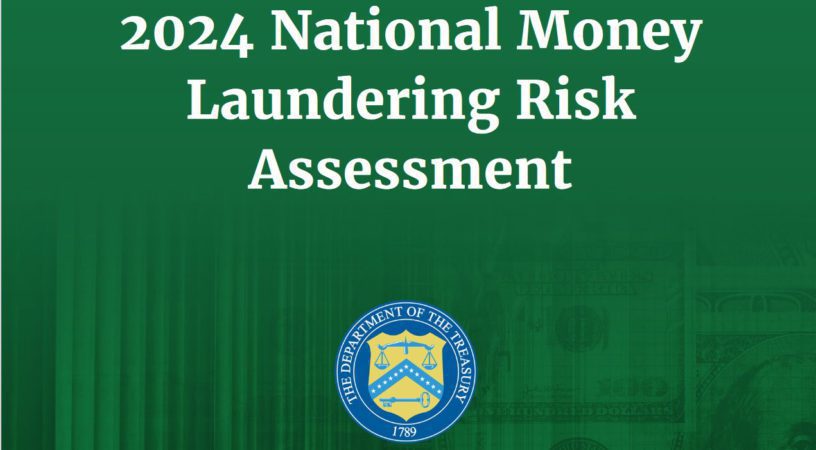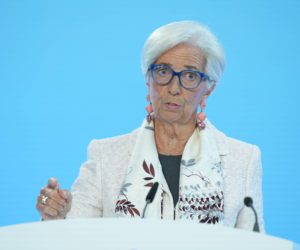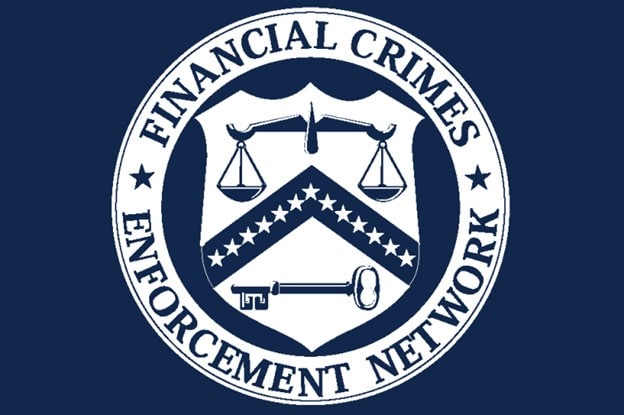
By Sarah-Beth Felix
CEO, Palmera Consulting
THERE are some interesting new highlights from the U.S. Department of the Treasury’s 2024 Risk Assessments for Money Laundering, Terrorist Financing, and Proliferation Financing.
The nine things that grabbed my attention from the 108 page long assessments are the following:
1) Unregulated ecosystems are a massive issue – this document highlights some aspects of payments (TPPPs) but does not dive into the massive rainbow variety of fintechs and ways to move money beyond traditional TPPPs – and the four loopholes that allow trillions of dollars to flow without AML eyeballs from FinCEN were outlined.
2) This document finally uses the words BaaS and fintechs. That’s a result in itself. Unfortunately, it gives too much credence to the TPRM guidance, which does not call out fintech/BaaS risks vs. vendor risks.
3) There are several new higher risk industries that should be added to your bank list used to detect higher risk customers.
4) P2P payments are called out, but then unfortunately are labeled as an MSB therefore subject to AML, etc… but we know that the massive P2P platforms have bi-furcated AML programs.
5) Deficiencies were noted beyond the TPPPs, to include the trillions of AUM by unregulated investment brokers, real estate, auto dealers, casinos, offshore gaming, attorneys, accountants, and jewellery/gold dealers. I’m hoping that the next FATF mutual evaluation of the US results in more global pressure to shore up our nascent regulatory framework.
6) Funnel accounts are still a thing. I’ve worked with several small to midsized community banks that still allow unrelated third parties to make cash deposits to accounts, and in some of these banks they do not collect the conductor unless it hits $10k+! Yikes. Examiners should be looking at this, but unfortunately I have not seen this as an issue.
7) Bulk cash is coming in hot, for states that some would be surprised to see – the No. 2 spot is Missouri. That’s something. While most domestic bulk cash is destined for California, lesser (though still significant) amounts are destined for Arizona and Texas. Ohio, Virginia, Georgia, North Carolina, Florida, Missouri, and New York
(from lowest to highest) were the nation’s top seven states of origin for cross-country bulk cash destined for the Southwest Border region. “Once these proceeds reach their border destinations, criminals may smuggle them across the border or enter one of several money laundering schemes intended to unite illicit proceeds with the drug cartels that raised them,” the Treasury says
8) Human smuggling industries have been expanded – see pg. 38.
9) Chinese Money Laundering Organizations (CMLOs) are outlined specifically and should be reviewed, even if you’re a small bank! pg. 28-29
In the Terrorist Financing Risk Assessment, there were some interesting observations, but the most important thing missing was found in the online fundraising and charitable donations section.
While they tried to highlight some risks they really missed out on the biggest issue – the payments in (via card) and payments out (via ACH/wire/card) are unregulated. The rails by which online fundraising pays out qualify under the loopholes that many payment processors function under.








